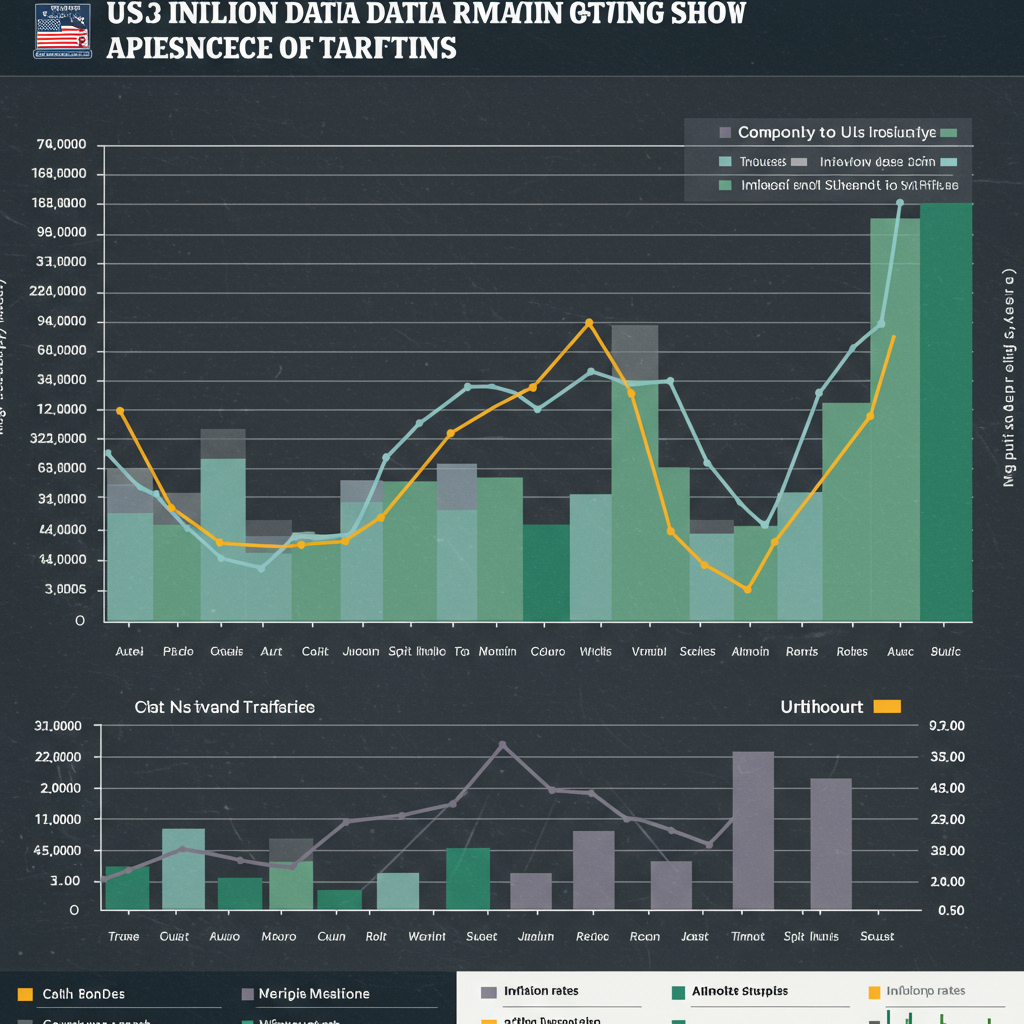Mark Zuckerberg announced a significant shift in <a href="https://news.quantosei.com/2025/06/30/metas-elite-ai-team-the-ultimate-quest-for-superintelligence/” title=”Meta's Elite AI Team: The Ultimate Quest for Superintelligence”>meta’s artificial intelligence strategy. The company is launching a new, consolidated division: Meta Superintelligence Labs (MSL). This move signals a major escalation in Meta’s pursuit of cutting-edge AI, specifically focusing on achieving “superintelligence.” The initiative places Meta in direct competition with industry leaders like OpenAI and Google. It also highlights Meta’s willingness to invest heavily in top talent and infrastructure.
MSL will bring together various existing AI teams under a unified structure. This includes the company’s Foundations, Product, and Fundamental Artificial Intelligence Research (FAIR) groups. A crucial element is the establishment of a new dedicated lab. This lab will concentrate solely on developing Meta’s next generation of AI models.
Meta’s Bold Leap into Superintelligence
Meta’s decision to unify its AI efforts under MSL underscores its commitment to an ambitious future. The goal is not just to build advanced AI, but to reach a level of capability often described as “superintelligence.” Zuckerberg views this as a transformative step for both technology and society.
What is Meta Superintelligence Labs (MSL)?
Meta Superintelligence Labs is the new umbrella organization for Meta’s AI endeavors. It integrates teams previously working across different parts of the company. These include foundational model research, AI product development, and core AI research. The key structural addition is a specialized lab focused purely on frontier research. This new lab is tasked with pushing the boundaries of current AI capabilities. Combining these functions under one roof aims to streamline development and accelerate progress toward Meta’s high-level AI goals.
Leading the Charge: Alexandr Wang and Nat Friedman
Spearheading the Meta Superintelligence Labs effort are two highly respected figures. Alexandr Wang, the former CEO of Scale AI, joins Meta as the new Chief AI Officer. He will lead the overall MSL organization. Zuckerberg himself praised Wang, calling him “the most impressive founder of his generation.” Wang’s background at Scale AI, a company crucial for AI data labeling, provides deep expertise in model development infrastructure. Nat Friedman, former CEO of GitHub and a prominent AI investor, will partner with Wang. Friedman will specifically lead Meta’s work on AI products and applied research within MSL. His experience leading a major platform like GitHub and his investment insights position him to drive the practical application of Meta’s AI research.
The Driving Force: Zuckerberg’s Superintelligence Vision
Mark Zuckerberg is personally driving Meta’s AI strategy with intense focus. He sees the development of superintelligence as an inevitable and transformative event. His vision extends beyond technical achievement to delivering “personal superintelligence for everyone.” This suggests an aim for AI that is deeply integrated, helpful, and tailored to individual users across Meta’s platforms and future hardware.
“A New Era for Humanity”
Zuckerberg believes that achieving superintelligence is “coming into sight” as AI progress accelerates. He described this potential future as “the beginning of a new era for humanity.” This level of ambition highlights the strategic importance Meta places on leading in this field. The company is committing substantial resources to make this vision a reality. Reports indicate planned spending of “hundreds of billions” on AI projects in the coming years.
The Investment and the Race
Meta’s push into superintelligence comes amidst a heated global competition for AI dominance. The company is locking horns with tech giants like OpenAI and Google’s Alphabet. This competition is evident in Meta’s aggressive investment and hiring strategy. Earlier this year, Meta invested $14.3 billion in Scale AI. This investment was tied to bringing Alexandr Wang and key members of his team aboard. Meta also reportedly explored acquiring other AI companies like Perplexity and Runway. They attempted to purchase Ilya Sutskever’s Safe Superintelligence startup, valued at $32 billion, but the offer was rejected. This intense activity demonstrates Meta’s resolve to acquire necessary technology and talent. This aggressive AI posture has resonated positively with investors, reportedly contributing to Meta shares hitting an all-time high recently.
Securing Top AI Talent in a Fierce War
The pursuit of superintelligence requires unparalleled human expertise. Meta has embarked on an unprecedented AI hiring blitz to staff its new Superintelligence Labs. The company is actively recruiting researchers from rival AI labs. This has ignited a fierce talent war across the industry.
The Star-Studded Recruitment Drive
Meta’s recent hires include some of the most sought-after minds in artificial intelligence. The company is reportedly offering extremely generous compensation packages. Signing bonuses have been rumored to reach as high as $100 million, according to OpenAI CEO Sam Altman. Notable individuals joining Meta Superintelligence Labs bring experience from leading organizations like OpenAI, Google DeepMind, Anthropic, and Waymo.
Specific key hires include:
Researchers who were co-creators of OpenAI’s multimodal GPT-4o model.
Developers with experience on various Llama models (o1-mini, o3-mini, o3, o4-mini, o4-imagegen).
Experts in reasoning stacks and inference from places like Anthropic.
Former Google Fellows and leads for perception models from Google DeepMind and Waymo.
Names mentioned in reports include Trapit Bansal, Shuchao Bi, Huiwen Chang, Ji Lin, Joel Pobar, Hongyu Ren, Johan Schalkwyk, Pei Sun, Jiahui Yu, and Shengjia Zhao. Their collective expertise spans critical areas like model training, multimodal AI, image generation, and complex reasoning.
Industry Reactions to the Talent War
The aggressive nature of Meta’s recruitment has drawn significant attention. OpenAI CEO Sam Altman publicly commented on Meta’s tactics and the scale of offers being made. Meta’s own technology chief, Andrew Bosworth, described the current market for AI talent as “incredible and kind of unprecedented” in his two decades in the tech industry. This competitive environment highlights the critical role human capital plays in the race towards advanced AI capabilities.
Building the Future: Llama and Beyond
Meta Superintelligence Labs will focus on both enhancing existing AI models and pioneering entirely new ones. This dual approach allows Meta to leverage its current successes while aggressively pursuing future breakthroughs.
Evolving the Llama Ecosystem
A core component of MSL’s work involves the continued development of the Llama family of open-source models. Zuckerberg specifically mentioned planned progress for Llama 4.1 and Llama 4.2. These models are fundamental to Meta’s current AI offerings. They power Meta AI, which serves over 1 billion monthly active users across Meta’s applications. Llama models also support an increasing number of internal agents that enhance Meta’s products and technology. Continued investment ensures these widely used models remain competitive and capable.
The Next Generation: Frontier Research
Parallel to Llama development, the new lab within MSL will initiate research on the “next generation of models.” The ambitious goal is to reach the “frontier” of AI capabilities within the next year or so. This initiative is described as a “small talent-dense group.” Zuckerberg has spent months assembling this founding team by meeting with experts across Meta and other leading labs and startups. This dedicated research effort signals Meta’s commitment to pushing the absolute limits of what AI can do.
Meta’s Unique Advantages in the AI Pursuit
Mark Zuckerberg believes Meta is uniquely positioned to deliver superintelligence to the world. He outlined several key advantages the company possesses:
Strong Business & Compute: Meta’s profitable core business allows it to invest “significantly more compute than smaller labs.” Access to massive computing power is essential for training large, advanced AI models.
Product Scale: The company has deep experience building and scaling products used by billions of people. This provides unparalleled reach and opportunities to integrate AI into daily life.
Wearables Leadership: Meta is pioneering and leading the rapidly growing AI glasses and wearables category. This hardware provides a direct interface for delivering “personal superintelligence.”
- Company Structure: Zuckerberg feels Meta’s structure allows it to move “with vastly greater conviction and boldness” compared to other organizations.
- www.businessinsider.com
- www.aol.com
- www.theverge.com
- www.nbcboston.com
- www.capitalbrief.com
These factors, combined with the influx of top talent and the focused MSL structure, fuel Zuckerberg’s optimism. He is confident this approach will enable Meta to deliver on the promise of personal superintelligence for everyone.
Frequently Asked Questions
What is Meta’s new Superintelligence Labs (MSL)?
Meta Superintelligence Labs is a newly formed, unified division at Meta dedicated to advancing artificial intelligence, with a specific focus on developing “superintelligence.” Announced by Mark Zuckerberg, MSL consolidates existing AI teams like Foundations, Product, and FAIR. It also includes a new, dedicated lab for researching next-generation AI models. This structure aims to accelerate Meta’s progress in the competitive AI field under a single, focused unit.
Who are the key leaders of Meta Superintelligence Labs?
Meta Superintelligence Labs will be co-led by two prominent figures. Alexandr Wang, founder and former CEO of Scale AI, joins Meta as Chief AI Officer and will oversee the entire MSL organization. Nat Friedman, former CEO of GitHub and a well-known AI investor, will partner with Wang. Friedman will lead the group’s work on AI products and applied research. Their combined leadership brings extensive experience in AI data, platforms, and strategic development to Meta’s ambitious AI goals.
What kind of AI models will Meta Superintelligence Labs develop?
MSL will work on both Meta’s current and future AI model generations. The group will continue developing and enhancing the popular Llama open-source models, with planned advancements for Llama 4.1 and 4.2. These models currently power Meta AI used by over a billion people. Additionally, a new lab within MSL is specifically tasked with initiating research on the next generation of AI models within the next year or so, aiming to reach the absolute frontier of artificial intelligence capabilities.
Conclusion
Meta’s creation of Meta Superintelligence Labs represents a significant escalation in its commitment to the future of artificial intelligence. By consolidating its AI talent and resources under a unified structure, led by renowned experts like Alexandr Wang and Nat Friedman, the company is signaling its intent to compete fiercely in the race for AI dominance. With ambitious goals of developing “personal superintelligence for everyone,” backed by massive investments in talent and infrastructure, Meta is positioning itself at the forefront of the next wave of AI innovation. The company is leveraging its unique strengths – vast compute resources, global product scale, leadership in wearables, and a bold organizational culture – to pursue a vision that Mark Zuckerberg believes will usher in a new era for humanity. The coming years will reveal how quickly Meta can turn this ambitious vision into reality.



